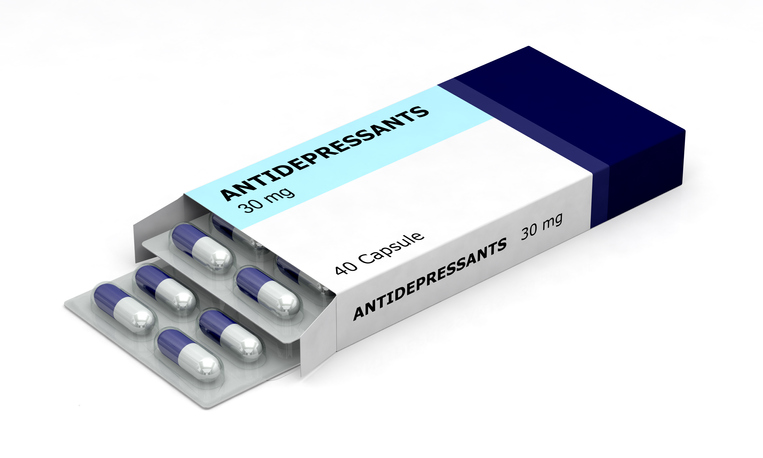Treatments
Nerve Block Injections for Pain Management

What are nerve blocks?
Nerve blocks are medical procedures that block specific nerves from sending pain impulses to the central nervous system (CNS). They are categorized in several ways: why they are done (therapeutic, diagnostic, prognostic or preemptive), how they are done (non-surgical or surgical), and where they are done on the body (neck, back, shoulder, face, etc.).
How a nerve block injection works
A nerve block involves an injection near a nerve or group of nerves to reduce pain. An ultrasound, computed tomography (CT) scan, or fluoroscopy is used to properly guide the needle. The medicine injected typically includes a local anesthetic and/or anti-inflammatory medications. This numbs the area and reduces inflammation. While pain relief may be temporary or prolonged, the medication injected can yield time for damaged nerves to heal.
Benefits of nerve blocks
Nerve blocks can reduce chronic pain by decreasing nerve irritation. This allows for better functionality, including daily living, working, physical activity, and daily tasks. Nerve pain may also be healed due to inflammation medicine.
A diagnostic nerve block can help locate the exact source of pain. A nerve block injection is given and if the pain is relieved, the location is determined. Additionally, nerve block injections may be used prior to a surgical procedure to help manage pain.
Nerve block uses
Nerve blocks are most typically used to prevent or manage pain associated with various conditions. They include, but are not limited to, the following:
- Arthritis
- Before, during and after surgical procedures
- Cancer
- Childbirth
- Complex regional pain syndrome (CRPS)
- Headaches
- Lower back pain
- Migraines
- Phantom limb pain
- Raynaud’s phenomenon
- Shingles
- Trigeminal neuralgia
Side effects
As with any medical procedure, certain side effects and risks are possible. They include, but are not limited to, the following:
- Bleeding
- Elevated glucose levels
- Increased energy
- Infection
- Itching
- Medicine accidentally getting in the bloodstream
- Medication unexpectedly spreads to other nerves
- Rash
- Soreness at the injection site
- Weight gain
In rare cases, death may occur. A nerve block injection should not be given unless pain is associated with a single or small group of nerves.


















